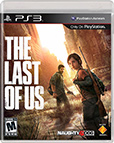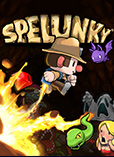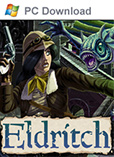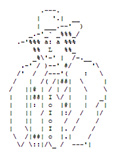
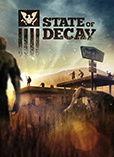

State Of Decay (PC, Xbox 360)
Undead Labs
I think the overwhelming demand for the zombie genre is driven by a sort of ideal picture people have in their heads of what that kind of experience would be like. It's the romanticism of the post-apocalypse generally, survivalism, going back to basics, living off the grid, homesteading, having to set up your one little camp that comprises your entire world and it's yours to own and protect. And then also it's the visceral appeal of a fiction where you get to kill a lot of people, and it's justified-- they're not really even people anymore, they're human-shaped but you have no choice BUT to kill them, because they have endless hunger and what better excuse to kill someone than self defense, to keep them from EATING you? The zombie apocalypse is the perfect excuse to revert to our most basic tribal instincts. And that has its appeal.
But I don't think there's been much that has actually delivered on this promise in a real, functional, robust way that lives up to all those expectations people have in their heads. Dead Rising gave you the "mow through massive swaths of the undead" thing. The Walking Dead told a great, human story set within that frame. Day Z might come closest, experientially. But still, at least for me, the constant player-killing X factor of other hostile players at the heart of that game makes it something else than a pure fulfillment of that iconic zombie survivalism fantasy. Maybe the chaos and danger from other humans is more realistic in a way-- but it's not what I think drove the fascination with zombies in the first place.
Which is why State of Decay was a revelation for me. It is, finally, the fully systematized realization of that world we collectively imagine after the zombie apocalypse. It's a big, open depiction of a city and its farmland and suburbs after the outbreak. You build a safehouse. You scavenge supplies to reinforce it. You recruit survivors and give them jobs. You train your people in combat and support skills. You scout new territory, drive out the infected, claim it for your own, fortify it, explore some more. You claw back from extinction. You survive. Very little of State of Decay is pre-scripted-- there are missions, GTA-like, but most of the survivors you'll recruit and the placement of zombies and stashes and important items are all procedurally determined. It's a clockwork world that finally, finally says "here, that zombie thing you've been picturing-that desperate world you imagine - we'll give it to you. Just for you, to survive in. Good luck." State of Decay is all game. And it's my goty.
Steve Gaynor
